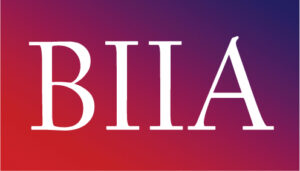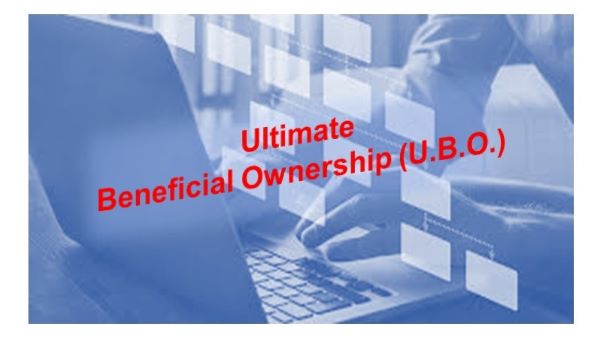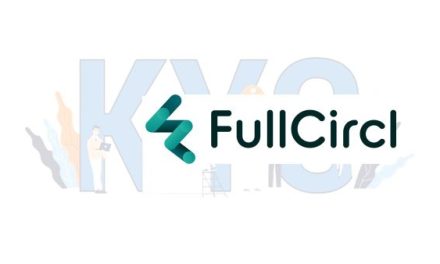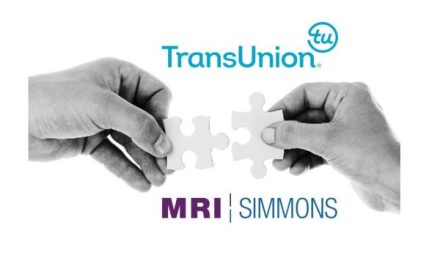 BIIA was delighted to host a webinar on 15 March, sponsored by Worldbox Business Intelligence, gathering together experts from across the globe: Gianluca D’Angelo and Jan Willem Meijer from Worldbox Business Intelligence, Dr. Henry Balani from Encompass and Louise Russell-Prywata from Open Ownership, to help demystify what is a UBO register and the practical challenges of identifying UBO’s in corporate structures. The Webinar was moderated by Vivienne Artz OBE.
BIIA was delighted to host a webinar on 15 March, sponsored by Worldbox Business Intelligence, gathering together experts from across the globe: Gianluca D’Angelo and Jan Willem Meijer from Worldbox Business Intelligence, Dr. Henry Balani from Encompass and Louise Russell-Prywata from Open Ownership, to help demystify what is a UBO register and the practical challenges of identifying UBO’s in corporate structures. The Webinar was moderated by Vivienne Artz OBE.
In recent years, there has been an increased global focus on and demand for increased corporate transparency and disclosure, primarily for the purpose of prevention of money-laundering, terrorist financing and tax evasion and to aid imposition of sanctions. As a result, regulatory measures have been introduced in many jurisdictions requiring disclosure of ultimate ownership of various assets.
The topic of Ultimate Beneficial Owners – who they are, how to identify them, and why we need to know who are U.B.O.s – is fast becoming an essential business topic, whether firms operate locally or globally. We are seeing the growth of UBO registers globally, partly due to regulatory drivers such as anti-money laundering and sanctions requirements, but also in response to the demand for increased corporate transparency and disclosure by firms in a wide range of contexts including in support of extractive regulation requirements.
During the webinar attendees learnt that while 120 countries have committed to implementing UBO registers, there are just 50 registers currently implemented, and the variable data standards and terms of access mean that firms who need to identify UBO’s must rely on private databases and other sources, and not just public UBO registers, to properly identify UBO’s.
Some traditional secrecy jurisdictions are also resisting the trend for transparency making it difficult to identify UBO’s. We learned about the moves in the US to create a Federal UBO register, but how the exemptions may create restricted and unequal access to the UBO register. In the EU, the CJEU decision in November 2022 has meant that some member states have closed access to UBO registers to the general public while data protection concerns are addressed, while other member’s states have kept their UBO registers open.
Understanding UBO’s is an important part of M&A transaction due diligence, supply chain verification, complying with sanctions and know your customer obligations in anti-money laundering, demonstrating accountability and ensuring trust in transactions. But perhaps one of the most interesting insights was that while the webinar was entitled “The Role of UBO Information in Protecting Businesses”, it is clear that access to UBO information is also very much in the best interests of citizens and society, supporting an open and  transparent approach to business engagements, whether local or global.
transparent approach to business engagements, whether local or global.
If you missed the event, you can watch the recording here.



























